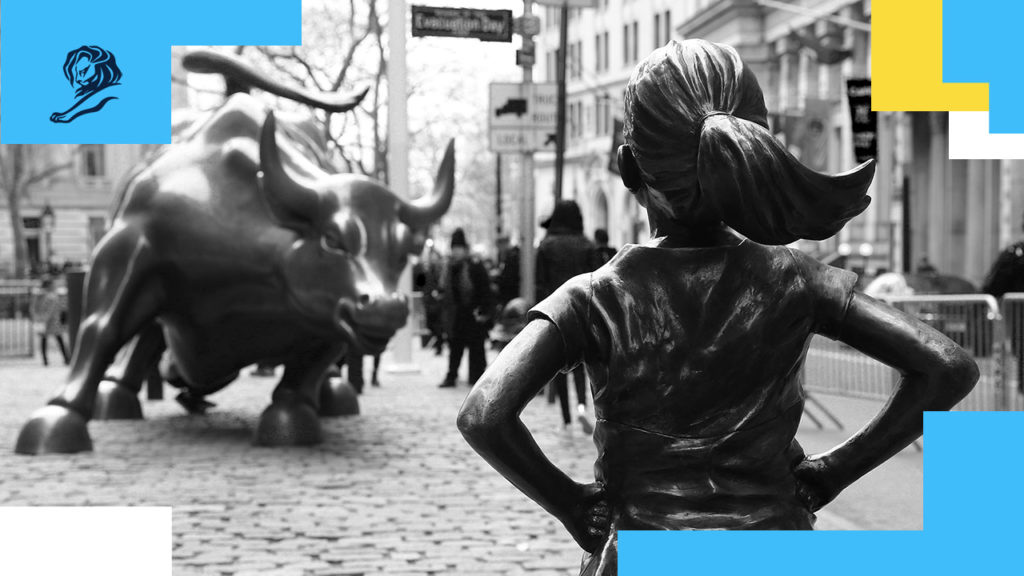The Lion for Brand Experience and Activation is awarded to marketing teams for work that builds a brand through “next-level” use of experience design, activation, immersive, retail and 360 customer engagement. This year at Cannes Lions, the category’s jury president is Rob Reilly, global creative chairman at McCann Worldgroup. Reilly joined AListDaily to talk about how great campaigns translate into any language and why marketers fight for their jobs every day.
Reilly says he has attended Cannes Lions “around seven” times, and things have certainly changed since the first time.
“Back in the early 2000s, Cannes wasn’t really a thing for the American agencies,” Reilly told AListDaily. “Only in the last decade has it become the show for US agencies. When I worked at Crispin [Porter + Bogusky], we were the small agency—a great agency that won a lot of awards—but we didn’t talk to a lot of press and didn’t have a lot of things to do. Now it’s a big thing when you work at a network agency because people from around the world are there and you’re meeting a lot of people and multinational clients.”
As a juror, Reilly’s schedule has freed up in some ways, but in others, he works even more while at the festival.
“When you’re judging it’s good and bad,” he said. “The good is, you’re not in meetings with people all week long. The bad is that you’re in a dark room with people all week long. There’s no having too much fun in Cannes these days, there’s too much work (laughs).”
McCann Workgroup certainly keeps busy, with offices in 120 countries. Last year, the agency gained worldwide attention (and 18 Lions) for its “Fearless Girl” statue on Wall Street.
How has the nature of your work changed in the last five years?
The best ideas continue to win—that’s the constant that remains, although the ideas are different. Decades ago, television and print were “the things” and 10 years ago, [it was] integrated campaigns. Now it’s a lot about innovation and frankly, things like direct marketing, activations and experiential are just as important and valued as film. The nature of our business is so multiplatform now compared to the past but what remains constant is that usually, the best ideas end up rising to the top.
I think that’s the great thing about award shows—those ideas that transcend different geographies and cultures to end up winning the Grand Prix or Gold and really stand above the others because they translate everywhere. Fearless Girl translated in the US obviously but it translated in China and Australia and Russia—you feel you’ve really done your job when those ideas travel.
The world chooses the best ideas—we just validate them at Cannes.
How do you think the marketing industry sees itself in 2018?
I think marketing is so valuable these days. Brands are accepted into people’s lives more and more. The flip side is that people expect a lot more out of brands, so you’d better be innovative, transparent, do right by the environment, etc. Brands have a real opportunity to be meaningful in people’s lives and need to be. It doesn’t have to be philanthropic or mutually exclusive to making money, either. People don’t mind if a brand makes money if they’re doing the right thing. It’s an awesome time to be a brand and to be a marketing partner to a brand because the value of them in peoples’ lives is becoming higher.
Where do you think marketing is headed in the coming years?
I think brands have to have a purpose and tell people about it. Ads [need to] have actions that reflect and deliver on that purpose. Data-informed advertising, programmatic, all that stuff is going to become more and more invaluable because why wouldn’t you want to be sharper [about] who you want to reach? The need to break through is going to continue to be important because there are less and less marketing dollars and more and more ways to reach consumers in a crowded marketplace. I think we’re at a time where every sector is realizing, “Wow, we need to go for it. We can’t just sit on the sidelines.”
I don’t see competition in other agencies, I want everyone to succeed. The competition [comes from] convincing CEOs and boards of companies to invest more in marketing and believe that what we’re doing is valuable. I think we’re going to have to continue to prove our value and prove marketing’s value. That’s the fight we have in front of us for the next foreseeable future.
I think that’s the fight we’re going to be fighting—not just as an agency—but as an industry. [Marketing is] the easiest thing to cut when a brand invests in technology and not storytelling.

